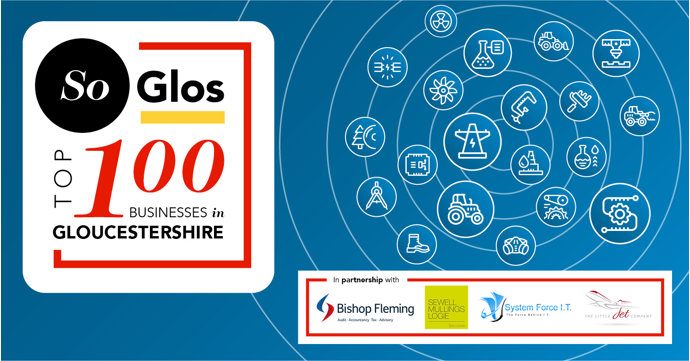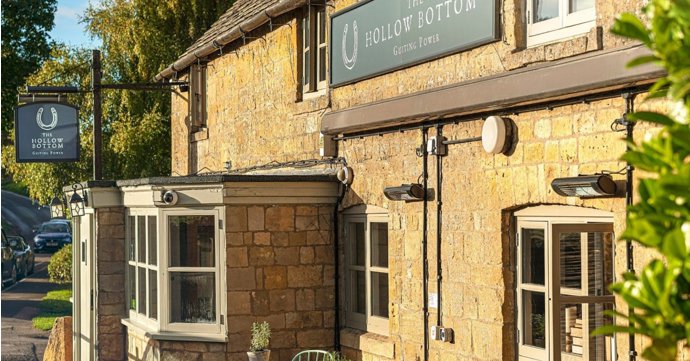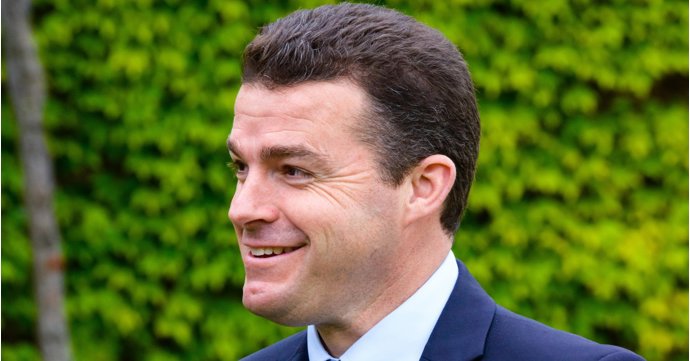The chancellor Jeremy Hunt delivered his Spring Budget centred around having a plan. This plan is to drive improved productivity within the public sector and cut taxes. The chancellor commented that countries with lower taxes were more energised, have more dynamism and show higher growth.
SoGlos spoke to leading accountancy firm, Hazlewoods, to unpack exactly what the new measures mean — with its head of tax, Nick Haines, sharing seven key takeaways for individuals and businesses.
Office for Budget Responsibility predictions
From a general economic perspective, there was some encouraging news that the Office for Budget Responsibility (OBR) has forecast positive growth for our economy in each of the next five years. The growth figures have also been upgraded slightly from forecasts in the Autumn Statement with new growth predictions of 0.8 per cent this year and 1.9 per cent in 2025 (0.5 per cent more than predicted last year).
It was a similar story for inflation, with the positive news that inflation has more than halved from its peak of 11 per cent when prime minister Rishi Sunak took office, to four per cent and predicted to fall to less than two per cent in a few months’ time, one year earlier than originally anticipated.
National Insurance cuts for the self-employed
After much speculation in the weeks leading up to the Spring Budget as to whether or not the chancellor would announce a cut to income taxes, he instead opted for a further cut in national insurance contributions (NIC).
As previously announced, class two NIC (which is currently paid at a weekly rate of £3.45 where profits exceed £12,570) is to be abolished from Saturday 6 April 2024, whilst still enabling individuals to get a qualifying year for state benefits, providing they are above the small profits threshold of £6,725 per annum — people can still choose to pay class two NIC voluntarily.
The chancellor announced a further cut to class four NIC, with the nine per cent rate being reduced to six per cent. This is a further reduction of two per cent from last year’s Autumn Statement announcement and represents an average saving of £650 based on income of £28,000 per year.
National Insurance cuts for the employed
Following a cut in employee’s class one NIC from 12 per cent to 10 per cent on earnings between £12,570 and £50,270 in January 2024, the chancellor went one step further with a two per cent cut from April 2024 bringing the rate down to eight per cent.
Nick said: 'Whilst a welcome announcement, it should be noted that the freezing of the personal allowance and basic rate bands, coupled with high wage inflation, has resulted in people paying much higher tax than they would have paid, had those bands increased in line with inflation.'
High income child benefit charge
The chancellor announced an increase to the threshold at which child benefit is clawed back from higher income households.
The charge currently applies where the household’s highest earner has adjusted net income of more than £50,000, but this threshold will increase to £60,000 with effect from April 2024. The current charge of one per cent clawed back for every £100 of income above this threshold will be halved from April 2024, meaning that child benefit will only be fully withdrawn when income reaches £80,000.
Property measures
With effect from April 2025, the furnished holiday lettings regime will be abolished, meaning the preferential tax treatment for short term holiday lets will be removed, to bring it in line with the taxation of other longer term property rentals.
To boost the availability of housing, the government also announced a reduction in the higher rate of capital gains tax on disposals of residential properties from 28 per cent to 24 per cent with effect from April 2024, in an attempt to encourage people to sell second homes.
The final property measure was to abolish multiple dwellings relief for stamp duty land tax (SDLT) purposes, which currently provides a reduction in the SDLT payable on purchases of two or more dwellings in one transaction (or part of a series of linked transactions). Property transactions that exchanged on or before Wednesday 6 March 2024 and those completed by Saturday 1 June 2024 will still be able to benefit from the relief.
Overhaul to non-domiciled individuals regime
Under the new regime, taxation will be based on tax residency, with new arrivals to the UK being afforded four years of exemption from UK taxes on foreign income brought into the UK. After that period they will be taxed in line with other UK resident individuals.
Transitional rules will apply for existing non-doms.
Changes to VAT
One of the very few announcements for businesses was an increase in the annual VAT registration threshold, at which a business is required to register for VAT, from £85,000 to £90,000 from Monday 1 April 2024.
Also from that date, a business may deregister for VAT if its annual VAT taxable turnover falls below £88,000, rather than the current threshold of £83,000.
Nick said: 'Although this is a welcome increase after being frozen for a number of years, in reality it will only be beneficial to a handful of smaller businesses on the cusp of the existing threshold.'
For specialist tax advice from Hazlewoods, email nick.haines@hazlewoods.co.uk or call (01242) 680000.




















